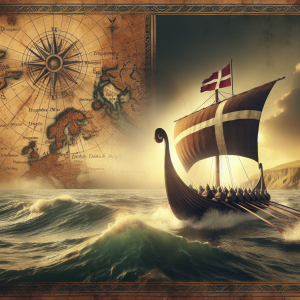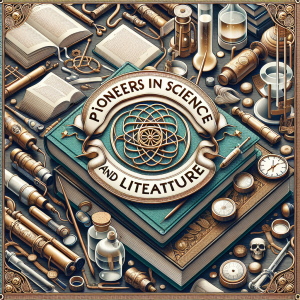As a native of Denmark, I have always been fascinated by the rich cultural heritage of the Danish Lutheran Church. With a history dating back to the 16th century, the church has played a significant role in shaping the cultural identity of the Danish people. In this article, I will delve into the historical roots of the church, as well as its contemporary relevance in Danish society.
The History of Danish Lutheranism
The Danish Lutheran Church, also known as the Evangelical Lutheran Church in Denmark, has its origins in the Protestant Reformation of the 16th century. In 1536, King Christian III declared Lutheranism as the state religion of Denmark, leading to the widespread adoption of the Lutheran faith among the Danish population. This marked a significant departure from the Catholic tradition that had previously dominated religious life in Denmark.
One of the key figures in the establishment of Danish Lutheranism was the theologian and reformer Hans Tausen. Tausen played a pivotal role in translating the Bible into Danish, making it accessible to the common people and laying the groundwork for the widespread dissemination of Lutheran teachings. The Danish Lutheran Church became a focal point of national identity, shaping the cultural and religious landscape of Denmark for centuries to come.
Traditions and Ceremonies
The Danish Lutheran Church is known for its rich traditions and ceremonies, many of which are deeply rooted in Danish culture. One of the most iconic traditions is the celebration of Christmas, known as “Jul” in Danish. The holiday season is a time for festive gatherings, traditional foods, and the singing of hymns in churches across the country.
- Sankt Hans Aften: This midsummer festival, known as “Sankt Hans Aften” in Danish, is a cherished tradition in the Danish Lutheran Church. It is celebrated on the evening of June 23rd with bonfires, singing, and the burning of a witch effigy, symbolizing the defeat of darkness by the arrival of summer.
- Confirmation: In the Lutheran tradition, confirmation is an important rite of passage for young members of the church. It is a time for adolescents to affirm their faith and commitment to the church, often marked by special ceremonies and celebrations.
Community and Outreach
While the Danish Lutheran Church is deeply rooted in tradition, it also plays an active role in contemporary Danish society. The church is known for its strong sense of community and social outreach, providing support for those in need and fostering connections among its members.
One of the key initiatives of the church is its emphasis on social justice and humanitarian efforts. Many congregations are involved in outreach programs, supporting refugees, homeless individuals, and other marginalized groups in Danish society. This commitment to social responsibility reflects the core values of the Lutheran faith and its relevance in addressing modern-day challenges.
Continuing Relevance
Despite the secularization of Danish society in recent decades, the Danish Lutheran Church continues to hold significance in the cultural and social fabric of Denmark. While the number of regular churchgoers has declined, the church remains an important institution for many Danes, providing a sense of tradition, community, and moral guidance.
For me and many others, the Danish Lutheran Church is a part of our cultural identity, connecting us to the traditions and values that have shaped Danish society over the centuries. Whether through the celebration of holidays, participation in community events, or engagement in charitable work, the church remains a meaningful and enduring aspect of Danish culture.
Conclusion
The Danish Lutheran Church stands as a testament to the enduring legacy of the Protestant Reformation and its profound impact on Danish culture. Its rich traditions, community involvement, and continued relevance in modern society highlight the deep-rooted influence of the church in shaping the cultural identity of the Danish people. As a Dane, I take great pride in the cultural heritage of the Danish Lutheran Church, and I am grateful for the ways in which it enriches the lives of individuals and communities across Denmark.
Through its history, traditions, and ongoing contributions, the Danish Lutheran Church remains a vibrant and integral part of Danish culture, reflecting the strength and resilience of the Lutheran faith in the face of societal change. Its enduring presence serves as a testament to the cultural significance of the church and its continued relevance in the lives of the Danish people.




